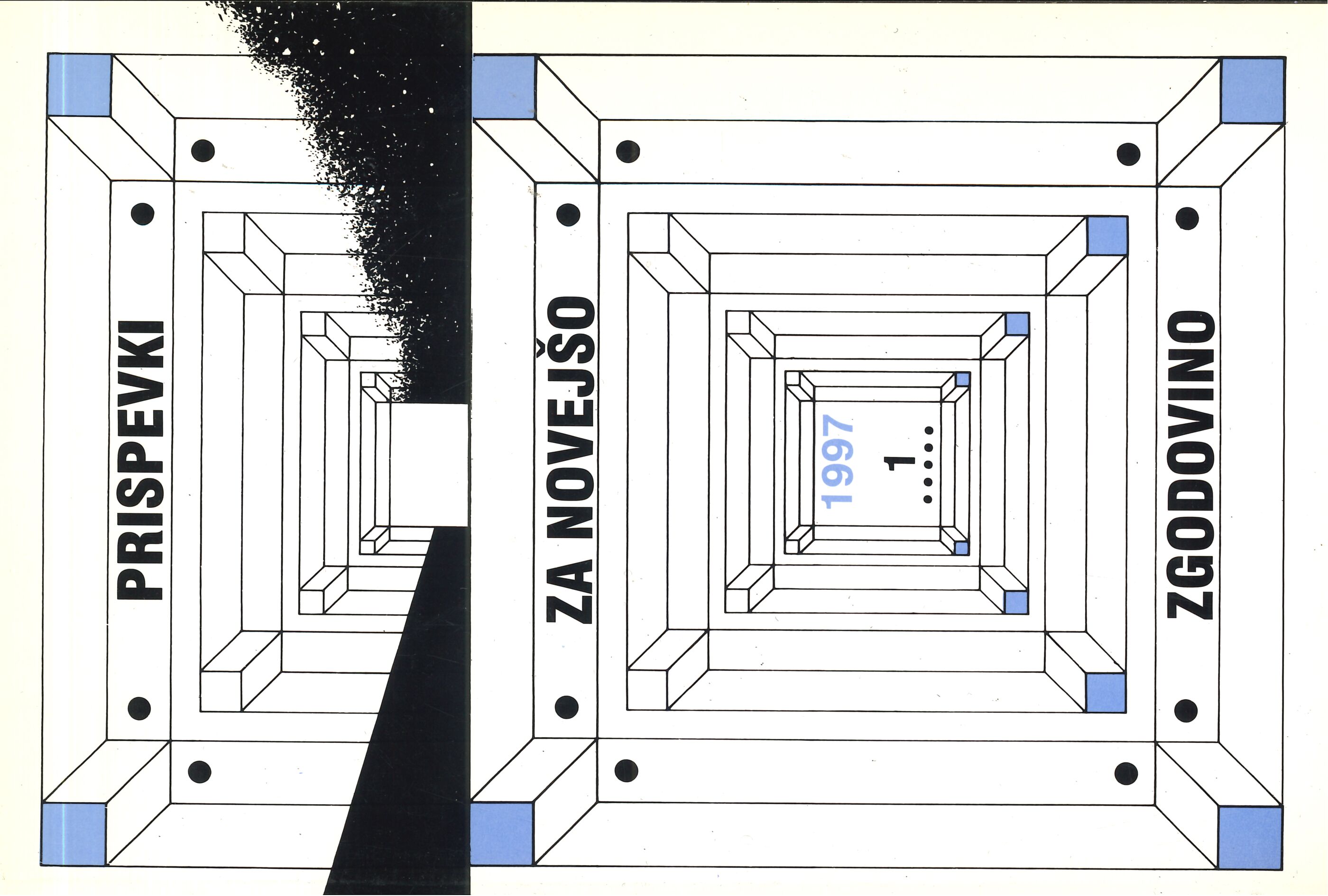Schulze-Delitzsch's Doctrine of Cooperative Economy as a Liberalist Solution to the Social Problem in the Nineteenth Century
Keywords:
zadružništvo, zadruge, gospodarska zgodovina, socialna zgodovinaAbstract
The author deals with the socio-economic ideas and practice of Franz Hermann Schulze-Delitzsch, the founder of the German cooperative movement and the author of its legislation. He concludes that Schulze-Delitzsch's concept of cooperatives - i.e. societies based on the cooperation and mutual solidarity of its members, which dealt, among other, with the production and sale of agricultural products, the provision of machinery, raw materials and financial loans - was an attempt to find a "third way" between the Capitalist and Socialist economic systems. This attempt failed because the social reform programme of his cooperative organization remained bound to a transitory stage of an economy heading towards a full-blown industrialization and was overtaken by a progressive industrial development in the second half of the Nineteenth Century. However, an analysis of the concrete socio-economic consequences of Schulze-Delitzsch's cooperative societies showed that they played a prominent and positive role in German politics and sociology.
Downloads
Published
Issue
Section
License
Authors who publish with this journal agree to the following terms:
- Authors retain copyright and grant the journal right of first publication with the work simultaneously licensed under a Creative Commons Attribution License that allows others to share the work with an acknowledgement of the work's authorship and initial publication in this journal.
- Authors are able to enter into separate, additional contractual arrangements for the non-exclusive distribution of the journal's published version of the work (e.g., post it to an institutional repository or publish it in a book), with an acknowledgement of its initial publication in this journal.
- Authors are permitted and encouraged to post their work online (e.g., in institutional repositories or on their website) prior to and during the submission process, as it can lead to productive exchanges, as well as earlier and greater citation of published work (See The Effect of Open Access).


